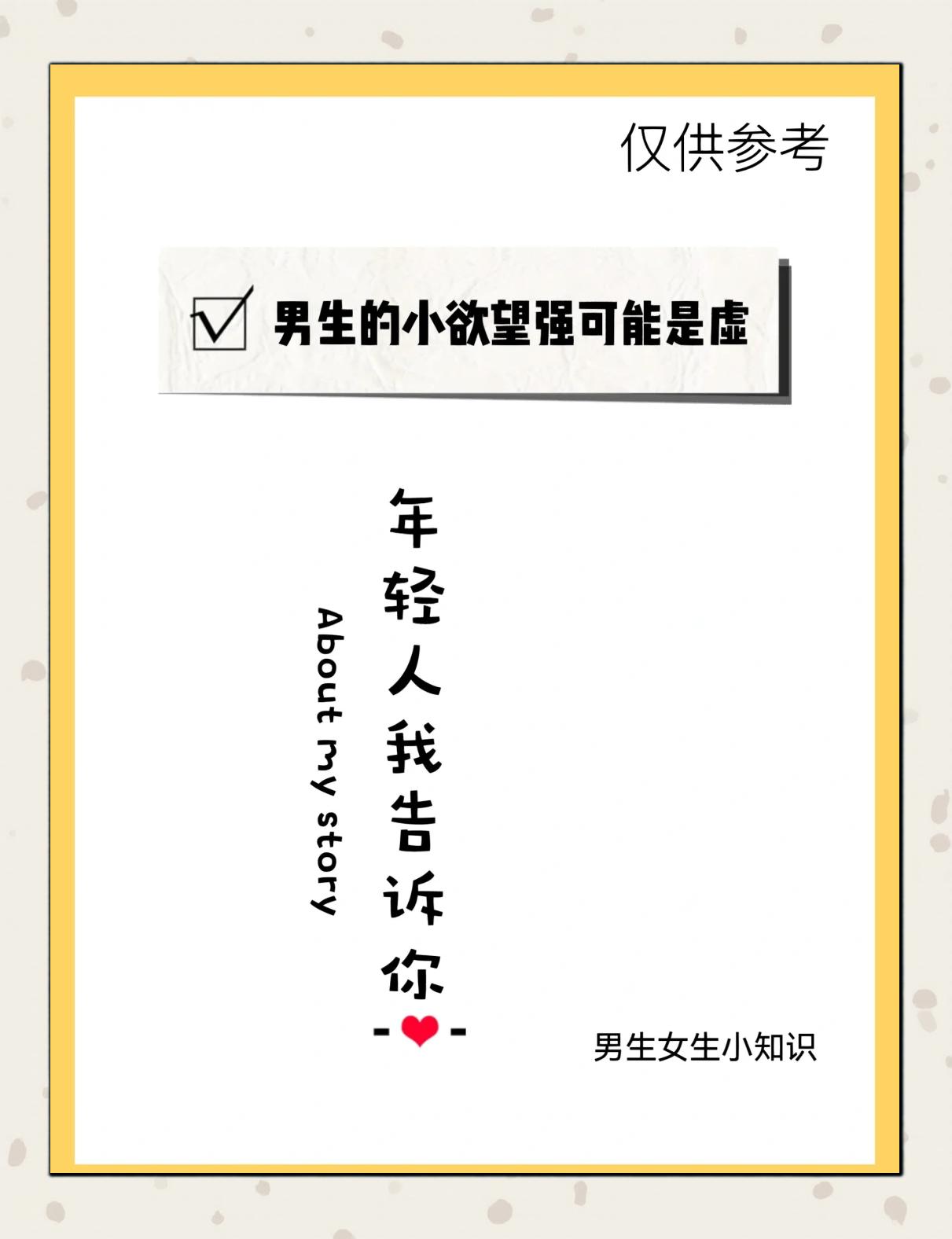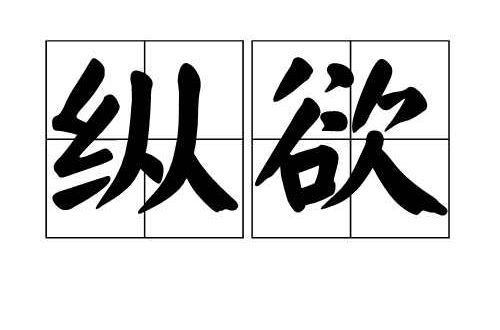lustfullustful, symbolizing human desirelustfulIt points to those who have a strong desire to have certain things, whether they are material, such as gold and silver, or abstract, such as power and status, a desire that drives people to pursue them recklessly, whether or not these goals can truly bring substantial satisfaction, the desire also describes people's strong desire for certain behaviors or emotions, whether it is a desire for revenge or reward.
Strong desire means strong desire, also known as greed, which refers to desire without satisfaction, and dissatisfaction due to greed. It is a metaphor for taking advantage of doing things. The following is a detailed explanation and definition of strong desire. Strong desire means strong desire, which is expressed as an extreme desire for something or benefit, and this desire often exceedslustfulThe synonym of normal or reasonable scope is greedy, which means excessive pursuit of material or spiritual wealth, without knowing the origin of moderation.
Strong desire means strong desire, also known as greed, which refers to desire without satisfaction, and dissatisfaction due to greed. It is a metaphor for taking advantage of doing things. The following is a detailed explanation and definition of "strong desire". Strong desire means strong desire, which is expressed as an extreme desire for something or a goal, and this desire often exceedslustfulThe term "greed" is synonymous with normal needs or the scope of reason, which is very close to desire in meaning, emphasizing desire.
The meaning of strong desire refers to a strong desire. The word is often used to describe a person who has a strong desire to pursue something or achieve a certain goal. Specific explanation is as follows: Strong desire is a strong intrinsic motivation generated by people in pursuing goals. This desire can stimulate people's enthusiasm and creativity, and encourage people to keep moving forward, overcome difficulties, and realize their ideals or wishes. In daily life, people may be tempted by various things.
Desire in the Seven Deadly Sins refers to strong desire and greed. In the theory of the Seven Deadly Sins, compulsion refers to a manifestation of strong desire and greed. This is a state of excessively pursuing personal desires such as material power, sexual desire, and often exceeding normal needs and boundaries. This strong desire may not only lead to personal degeneration and suffering, but may also have a negative impact on those around her. As a crime, compulsion is reflected in the person's endless desire for desire.
Qiang can't read the two tones, because it means reluctantly, so it should be the original poem qing that he wants to climb high, but no one sends wine to pity the chrysanthemums in the hometown garden. He should open a translation close to the battlefield. He reluctantly wants to climb high and drink alcohol in accordance with custom. Unfortunately, no one like Wang Hong sends wine to pity the chrysanthemums in the distant Chang 'an Old Garden. At this time, he is blooming lonely next to the battlefield. The poem of Cen Shen's Nine-Day March and Thinking about the Chang' an Old Garden in the Tang Dynasty is written in the poem Appreciation and Analysis.
Desire refers to a person's strong pursuit of a certain material wealth, status, etc. Deep down, the following is a detailed explanation of the role of desire. To a certain extent, desire can be regarded as an important driving force that can inspire people. Enthusiasm and fighting spirit push people to move forward and pursue higher goals have negative effects. When desire exceeds the moral bottom line or exceeds the scope of personal ability, it may become like a devil.
Desire can be understood as a person's pursuit of certain materials, wealth, status, etc. Deep in his heart. To a certain extent, desire can also be understood as an important driving force, which can stimulate people's enthusiasm and fighting spirit, and inspire people to keep moving forward. However, when desire transcends the moral bottom line or escapes the scope of personal abilities, it will become like a devil that destroys the person's soul, thus triggering negative effects in all aspects.
Desire can be understood as a person's pursuit of certain materials, wealth, status, etc. Deep in his heart. To a certain extent, desire can also be understood as an important driving force, which can stimulate people's enthusiasm and fighting spirit, and inspire people to continue moving forward. However, when desire transcends the moral bottom line or escapes the scope of personal abilities, it will become like a devil that destroys the person's soul, thus triggering negative effects in all aspects. Desire is an emotion that is extremely easily distorted.
Strong desire, that is, a strong desire, is also called greed. It comes from the inner desire for something, and this desire is often unsatisfied. The word unsatisfied due to greed is often used to describe those who love to take advantage of small advantages. In ancient Chinese literature, Chu Ci·Li Sao has this description: "Everyone is competing to advance with greed, and they are not eager to seek it." Li Sao is a long lyrical poem written by Qu Yuan, a poet during the Warring States Period in China.
Pinyin qiThe interpretation is hard, forcing, forcing, trying his best to march for nine days and think about the ancient garden of Chang 'an Tang Cen Shen wanted to climb high, but no one sent wine to pity the chrysanthemum in the ancient garden. He should open the interpretation next to the battlefield on September 9, the Double Ninth Festival.lustfulI barely climbed to a high place and looked into the distance. However, during this war-torn march, no one could bring wine. I looked at my hometown Chang 'an with a heavy heart. The chrysanthemums were probably blooming sporadically on this battlefield.
"Forced to Climb" comes from Cen Shen's march in the Tang Dynasty, thinking about Chang 'an's Ancient Garden in the Nine Days "Forced to Climb to Climb" The whole poem "Forced to Climb to Climb to the Ancient Garden in the Tang Dynasty. No one sent wine to pity the chrysanthemums in the ancient garden in the Tang Dynasty. Introduction to the author Cen Shen Around 715770, he was a frontier poet in the Tang Dynasty, a native of Nanyang, and the great-grandson of Cen Wenwen, a hero during the reign of Taizong. Later, he moved to Jiangling 12 Cen Shen was lonely and poor in his early years and studied under his brother.
"I want to follow you without being old, and I will take off my clothes because I am sick." It means that I am in poor health and often fall ill in bed. I am an official in the court. I am reluctant. Although I want to work hard to follow you, I have no choice but to let me resign and return to seclusion. This sentence comes from Wang Wei's Chouguo Guei. The full text of the poem is as follows: Chouguo Guei's service is high in the cave gate, the peach plum shade and catkins fly in the forbidden palace, and the bells and officials in the province shake the jade pendant in the morning and rush to the Golden Hall.
"I want to climb a mountain, but no one brings wine." It comes from the poem written by Cen Shen, a poet of the Tang Dynasty. The original text of the poem is as follows: I want to climb a mountain, but no one brings wine to pity the chrysanthemums in the ancient garden. I reluctantly want to climb a mountain in accordance with the custom. Unfortunately, no one like Wang Hong sent wine to pity the chrysanthemums in the distant Chang 'an hometown. At this time, Cen Shen's Five Wonders should be blooming lonely next to the battlefield.
"Strong desire to follow the monarch without that old man" comes from Wang Wei of the Tang Dynasty's reward Guo Gai's reward "Strong desire to follow the monarch without that old man" The full poem of reward Guo Gai's reward Wang Wei of the Tang Dynasty's Tang Dynasty is full of mist in the high pavilion at the entrance of the cave. Peach, plum, yin and catkins fly in the palace. In the evening, officials in the province rarely sing birds wave jade pendants and rush to the Golden Hall in the morning. In the evening, they pay homage to the palace. Strong desire to follow the monarch without that old man, and will remove his court clothes due to his illness. Author Introduction Wang Wei 701 - 761, a mention of 699 and 761.
Through beautiful words and rhythm, ancient poetry allows us to have dialogue and historical communication with our ancestors. The following is a compilation of the translation and origin of Qiang Yu from Jun Wu, who will remove the clothes of the court due to his illness. If you want to understand Qiang Yu from Jun Wu, who will remove the clothes of the court due to his illness, you can read this article carefully, hoping to help everyone. Qiang Yu follows Jun Wu, who will remove the clothes of the court due to his illness.





还没有评论,来说两句吧...